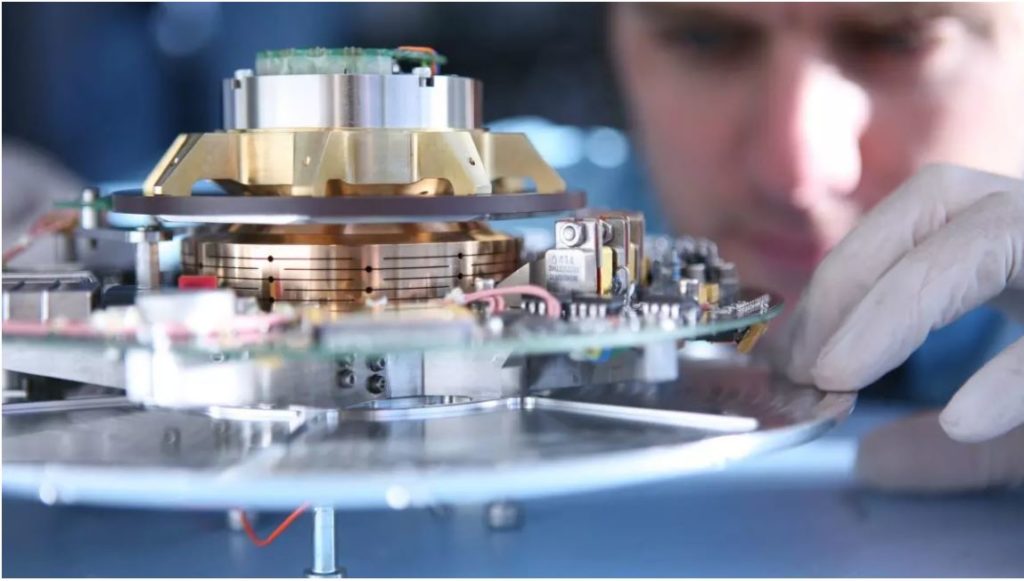- ...
Postgraduate Studentships - Search for funding opportunities.
Postgraduate Studentships - Search for funding opportunities.
From lectures to laboratory-based practicals and personal tutorials, discover what a typical week might look like for a student on our Electronic Engineering MSc.
How you’ll learn
Your teaching will be delivered through a combination of:
Outside of these, you’ll be expected to carry out independent study, including coursework, essays and reading.
We’ve also introduced hybrid learning, a mix of online and face-to-face sessions, in light of the Covid-19 pandemic.
“What I’ve enjoyed most about the course is the way you’re encouraged to develop self-learning skills, the exposure you get, and the facilities you get to use, which reflect the latest developments that are going on in the technical world. The academic staff also include some of the leading figures in mobile communications who are known all over the world.” Vikrant Singh, Electronic Engineering MSc
A week in the life
You’ll receive approximately 8 – 12 contact hours each week, depending on whether your module includes labs and how many seminars are offered. Your contact hours will vary and won’t be the same each week.
Due to the ongoing coronavirus restrictions, a large amount of material will be delivered online. Your in-person classes, which take place each week, play an important role in solidifying your learning and offer the opportunity to glean important knowledge from the lecturers who are teaching you and setting your assessments.
Full-time students will spend approximately 40 hours studying each week, including contact hours. A part-time student will spend approximately 10 hours each week per module.
There are also many opportunities for activities in societies and clubs in the evenings, on Wednesday afternoons and at weekends.
Monday
Tuesday
Wednesday
Please note, Wednesday afternoons are left free for sporting or other University society activities.
Thursday
Friday
Learn more about postgraduate study in our Department of Electrical and Electronic Engineering.
Disclaimer: The timetable and modules listed are indicative, reflecting the information available at the time of publication and may be subject to teaching availability, student demand and/or class size caps. Given the changing nature of the Covid-19 pandemic, our hybrid learning model is under continuous review.

Expect more at the University of Surrey Welcome to the University of Surrey, a global community of more than 15,500 students from 136 countries...
Sign up to Postgraduate Studentships
Sign up to compare masters
Thanks for making your selection. Click below to view your comparisons.